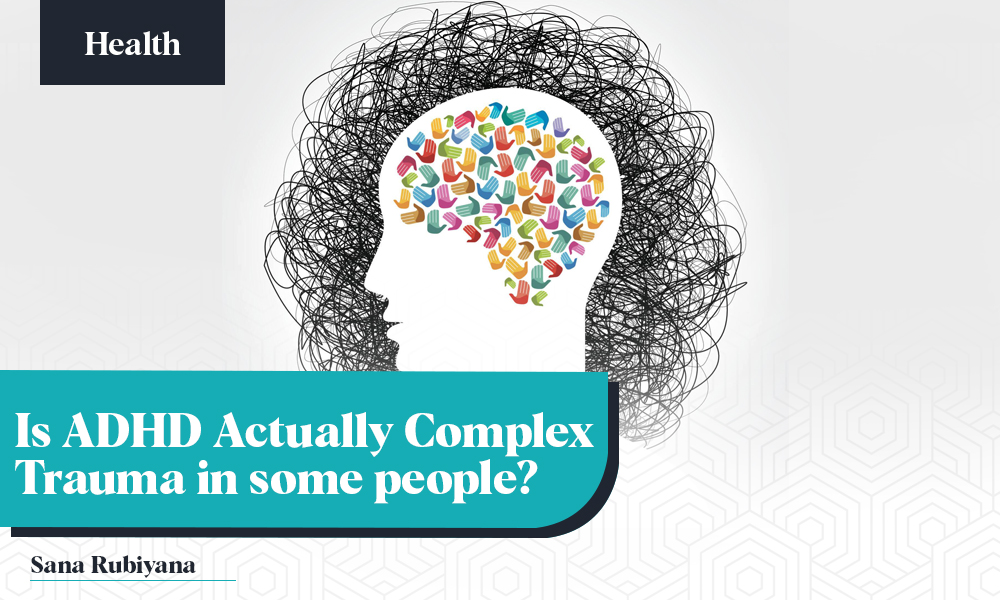Sana Rubiyana
Psychologist & Rational Emotive Cognitive Behavioural Therapist
[email protected] , IG @sanarubiyana15 & Twitter @SRubiyana
Complex trauma (CPTSD) is not a recognised diagnosis. Even though the research is clear on the impact of complex trauma, ADHD is officially recognized. Most people with symptoms of CPTSD will be diagnosed with ADHD. In the 80’s and 90’s, most research went into ADHD. It was not until 2018 that complex trauma was recognised by the World Health Organisation. It is still not recognised in the DSM.
Research shows how prolonged exposure to stressful and traumatic events during our developmental states impacts: our brains’ executive function, our nervous system, and our personality. The research notes effects: “personality modification, even after the conclusion of a major developmental stage.”
Symptoms of CPTSD include:
-Dissociation
-Anxiety (fight or flight state from dysregulation)
-Inability to emotionally regulate (what is sometimes labelled “mood swings”)
-Interpersonal relationship issues (attachment wounding)
-Lack of fully developed sense of self (low self-worth): result of not fully going through developmental stages
-Memory and focus issues
-Procrastination (freeze state)
-Chronic hopelessness/negative world view
A person with CPTSD experiences two main things:
1. Executive dysfunction
2. Chronic nervous system dysregulation
The result is a disruption in the ability to manage their thoughts and emotions.
More important than the diagnosis, is the way treatment is managed. We can all heal. We can all develop healthier coping mechanisms, emotional regulation, and skills to build more meaningful relationships.
No diagnosis is a life sentence.
Treatment needs to involve:
1. Emotional regulation: the practice of feeling uncomfortable emotions and consciously responding to those emotions in ways that don’t send us into shame spirals.
2. Self-acceptance: the practice of accepting your quirks, your perceived flaws, and your uniqueness that other people might have misunderstood.
3. Emotional expression: learning to get in touch with anger, getting out of “good girl/boy” programming, saying no, and setting boundaries.
4. Somatic experiencing: learning to feel (and identify) sensations in the body rather than reacting to them.
5. Polyvagal education: awareness of our nervous system states and how they impact our thoughts and behaviours
6. Mitochondria and gut awareness: the clear link between mitochondria dysfunction and addressing mental wellness on a cellular level of the body.
Empower yourself with the ability to heal.


0 Comments